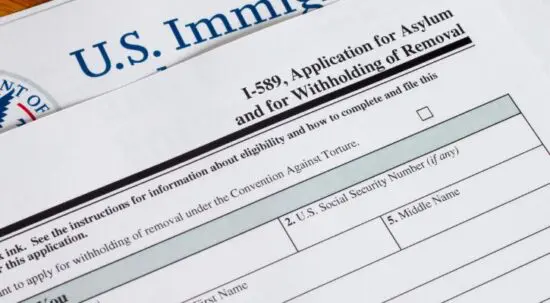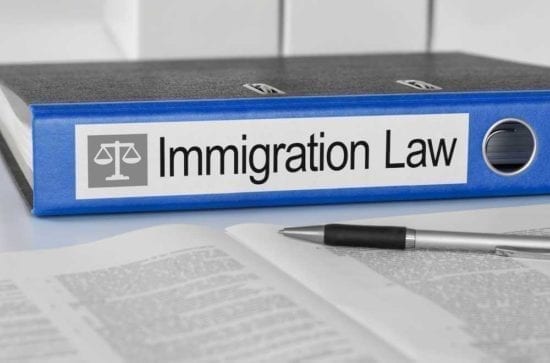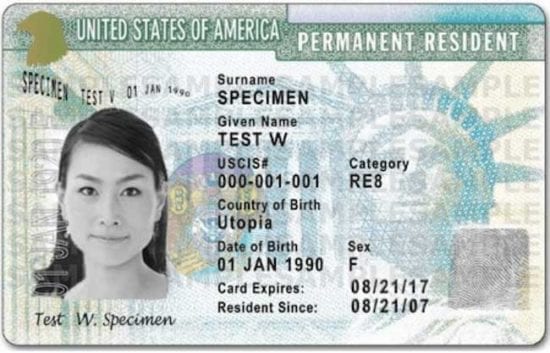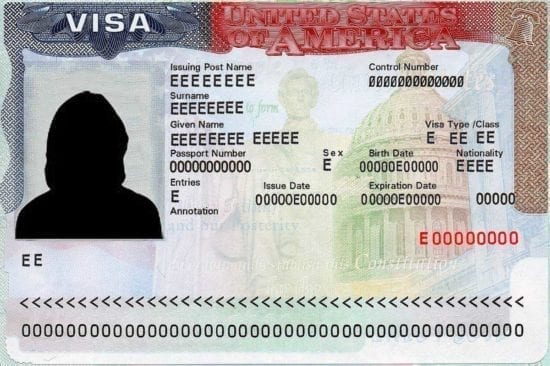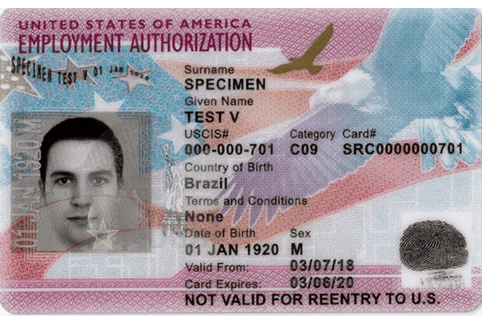What is TPS
Temporary Protected Status (TPS) is a form of immigration status for people already in the United States. TPS is for people who cannot go back to their home country because of danger, such as an armed conflict or environmental disaster.
If you have TPS, you can:
- Stay in the U.S. legally for a period of time
- Apply for a work permit in the U.S.
- Apply to travel outside the U.S.
- Be protected from detention and deportation
You will not get any of the benefits of TPS until your application is approved. TPS is temporary. It does not give you lawful permanent status, citizenship, or any permanent immigration status.
| Go to the USCIS TPS Ethiopia page for more details. You can also call the USCIS TPS Hotline 202-272-1533 with questions. |
New applicants
Who can apply
You must meet the following requirements to apply:
- Be a national of Ethiopia or a person without nationality who lived in Ethiopia for a long time before arriving in the U.S.
- Have lived only in the U.S. since April 11, 2024
- Did not take trips outside the U.S. after June 13, 2024 that might impact eligibility
You may not be eligible if you have committed certain crimes.
| Public charge does not apply to TPS applicants. You can use any government programs you qualify for. |
How to apply
You can apply for TPS Ethiopia by filing Form I-821. You can file your application online or by mail with USCIS.
You must send documents showing proof of your identity, nationality, and date of entry.
You must pay a fee if you are applying for TPS for the first time. You might be able to apply for a fee waiver if you can’t afford to pay the fee. Learn how to use the USCIS fee calculator.
It is important to apply as soon as possible. The last day to apply is December 12, 2025, but that is also the last day TPS for Ethiopia is currently available.
What happens next
USCIS will review your application and send you a receipt notice. You can check the status of your application online by typing in your receipt number. If you do not get a receipt within 3 weeks of filing, you can call the USCIS Contact Center.
You may get a letter asking for more evidence. This could be your photo, fingerprints, signature, and other documents.
You will get a letter approving or denying your application. If you applied for a work permit, you will also get information about your application.
If you do not get TPS, you will get information on whether and how you can appeal their decision.
Current TPS holders
If you already have TPS for Ethiopia under a previous designation, you must have re-registered by June 14, 2024, to continue your benefits through December 12, 2025.
If you miss the deadline to re-register, you can submit a late re-registration application. You will also have to submit a letter explaining why you filed it late, such as a serious illness. You can re-register online or by mail with USCIS under the Where To File section.
DHS automatically extended the EADs of TPS holders from the previous registration period to June 12, 2025. You will need to apply to renew your EAD to extend it to December 12, 2025.
Work permit
Work permits are available to people with TPS and are known as an Employment Authorization Document (EAD). It shows employers that you are allowed to work in the USA.
You can apply for work authorization by filing Form I-765. It is recommended you apply for a work permit at the same time you apply for TPS. Filing both forms together may help you get EAD faster. You can also apply later.
Travel permit
Travel permits are available to people with TPS. It is known as advanced parole. It shows immigration officials that you are allowed to travel abroad and back to the USA.
You can apply for a travel permit by filing Form I-131. Follow the Federal Register notice instructions when applying for a travel permit.
Before traveling outside the USA, talk to a lawyer. Immigration rules may change and it is important to know if it is safe to travel.
What happens when TPS expires?
DHS will review country conditions at least 60 days before it is set to expire. They will decide whether to continue it further. If TPS Ethiopia expires, you will have the same immigration status you had before getting temporary protected status.
If you do not have another legal immigration status besides TPS, you will become undocumented and lose your work authorization. If you stay without legal status, you will risk being detained and deported.
How to prepare
- Talk to an immigration lawyer. It is important to seek legal help and learn about your options for staying in the U.S.
- Apply for another immigration status if you qualify. Review if you are eligible for asylum, lawful permanent status (Green Card), or other U.S. visas.
- Be prepared for ICE. Know what to do if you are undocumented and agents come to your home or work. Know your rights and how to create a safety plan.
- Stay informed. Learn more about immigration changes under the new administration.
USCIS offers other immigration services that may help people affected by extreme situations. Call 800-375-5283 to learn how to request help.

Learn how to find free or low-cost help from trusted immigration lawyers and legal representatives.
The information on this page comes from DHS, USCIS, and other trusted sources. We aim to offer easy to understand information that is updated regularly. This information is not legal advice.
